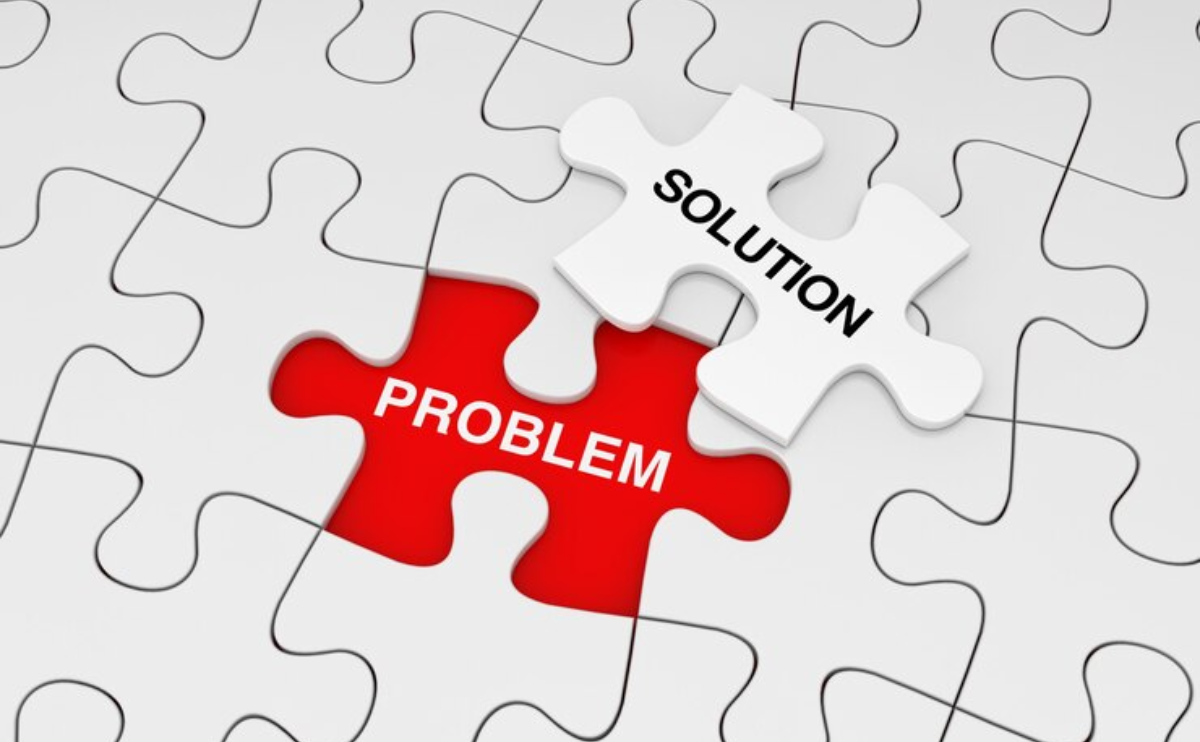Blog
Words Build Bridges: Talk to Grow, Not Just to Speak

In a world overflowing with information and distractions, the art of communication often gets reduced to just speaking. But there’s a vast difference between talking and truly connecting. Whether you’re into article writing, personal development, or simply looking to improve your daily conversations, understanding the power of words can be one of the most transformative decisions you ever make.
Words are more than sounds or symbols; they are tools of connection, growth, and healing. Used wisely, they can build bridges between people. Used carelessly, they can create walls. Your words shape how others see you, and more importantly, how you see yourself.
Let’s explore how mindful communication is not just a social skill but a path to self-transformation.
1. Words Reflect the State of Your Inner World
What you say and how you say it is often a mirror of your internal state. If you’re frustrated, scattered, or unsure, your words will reflect that. On the other hand, when you’re calm, aware, and intentional, your language carries depth and clarity.
One of the most powerful teachings from nonviolent communication practices is the awareness that every message we give contains either a connection or a disconnection. When we speak without judgment, blame, or demand, we invite others to listen with their hearts instead of their defenses.
Let’s consider this difference:
- “You never listen to me.”
- vs.
- “I feel unheard when we talk, and I need more space to share.”
The first statement accuses, the second reveals. The first creates distance; the second builds a bridge. This small shift in words can completely change the outcome of any conversation.
Whether you’re writing an article or navigating personal growth, the words you choose either deepen understanding or create friction. Practicing self-awareness before responding can transform even the most tense dialogue.
2. Mindful Language Builds Empathy and Trust
In personal development blogs and circles, we often hear about the importance of empathy, but few realize how language is the gateway to it.
Words are never neutral. Even when spoken with good intent, they can hurt if delivered without care. Consider how often people say things like:
- “You’re overreacting.”
- “It’s not a big deal.”
- “You should be stronger by now.”
While these statements may seem harmless, they invalidate emotions and create emotional distance. In contrast, language rooted in curiosity and care sounds like:
- “What’s coming up for you right now?”
- “That sounds hard. Do you want to talk about it?”
- “I’m here with you. Take your time.”
Such language does more than communicate — it soothes. It builds psychological safety, allowing others to open up without fear of judgment.
This type of conscious communication isn’t just for close relationships; it works in the workplace, parenting, friendships, and even in how we speak to ourselves. If you want to grow, not just speak choose words that honor emotions, not silence them.
3. Transform Your Relationships, One Word at a Time
The path to self-transformation doesn’t require a radical life change. Sometimes, it begins with a pause — a moment where you choose a different word, a more thoughtful phrase, a deeper intention.
Here are three practical strategies to help you choose your words wisely:
Pause Before You Respond
Silence is powerful. When emotions rise, give yourself space before speaking. Ask: “What do I really want to express? Connection or control?” This small gap changes reactions into responses.
2. Replace Judgment with Observation
Instead of labeling someone (“You’re so selfish”), describe what you see or feel (“When you didn’t call back, I felt forgotten”). This reduces conflict and invites conversation.
3. Speak from Needs, Not Blame
Behind every complaint is an unmet need. Instead of blaming (“You don’t care about me”), try expressing the need beneath the feeling (“I’m needing more support right now”).
These practices help you not only communicate more effectively, but also align your words with your values. It’s how real transformation happens not just in how others receive you, but in how you see yourself.
Words Can Make or Break a Connection
Words carry energy. They can uplift or deflate. They can ignite change or paralyze it. And in moments of challenge, the right words spoken with honesty and care can be the very thing that pulls someone from despair toward healing.
But it’s not just about being “nice” with language. It’s about being real and responsible. You can speak truth without causing harm. You can express hurt without attacking. This is emotional maturity and it starts with language.
Think of communication as a bridge. Every sentence is a plank, every tone a nail, every pause a moment to lay it carefully. When the bridge is sturdy, people will cross. They’ll meet you halfway. But if it’s built with sharpness or neglect, it will crumble.
Language Shapes Your Reality
Your words not only shape how others experience you they shape you. They create your worldview, reinforce your beliefs, and fuel your internal dialogue. Over time, your language becomes your identity.
When you say, “I’m terrible at this,” or “No one listens to me,” you’re reinforcing a belief that may not even be true. But when you shift to, “I’m learning this,” or “I need to be heard,” you create space for change.
Self-transformation isn’t about becoming someone new. It’s about returning to your most authentic self. And that return is often guided by language how you talk to yourself, how you speak to others, and how you express your truth in the world.
Final Thoughts
Words are free, but their impact is priceless. Whether you’re writing a blog post, navigating a tough relationship, or trying to grow into your best self, your words matter more than you know.
Be the person who speaks to grow, not just to speak. Use your voice to connect, not correct. And remember: communication is not about winning it’s about understanding.
In the quiet power of intentional speech lies your greatest tool for connection, clarity, and transformation.
Let your language lead your life. Let your words build bridges.
Related Posts
Morning Magic: Gateway to Peace and Inner Clarity
-
Posted by
 The Power Withinn
The Power Withinn
- 0 comments
Divine Frequencies: Music as a Spiritual Gateway
-
Posted by
 The Power Withinn
The Power Withinn
- 0 comments
No Steps to Follow, Just the Freedom to Feel
-
Posted by
 The Power Withinn
The Power Withinn
- 0 comments
The Joy of Dying: Osho’s Radical View on Death and Life
-
Posted by
 The Power Withinn
The Power Withinn
- 0 comments
Speak Freely: From Quiet to Confident in Simple Steps
-
Posted by
 The Power Withinn
The Power Withinn
- 0 comments
Enhance Your Personality with Proven Confidence Skills
-
Posted by
 The Power Withinn
The Power Withinn
- 0 comments
Discover the Real You: Build Strength from Within
-
Posted by
 The Power Withinn
The Power Withinn
- 0 comments
Essential Skills to Unlock True Personality Potential
-
Posted by
 The Power Withinn
The Power Withinn
- 0 comments
Your Brand, Your Power: Present the Best Version of You
-
Posted by
 The Power Withinn
The Power Withinn
- 0 comments
Shape a Bold Personality Through Problem-Solving Skills
-
Posted by
 The Power Withinn
The Power Withinn
- 0 comments
Learn Digital Marketing: A Key to Growth Seekers
-
Posted by
 The Power Withinn
The Power Withinn
- 0 comments
Digital marketing: The modern tool for self made success
-
Posted by
 The Power Withinn
The Power Withinn
- 0 comments











